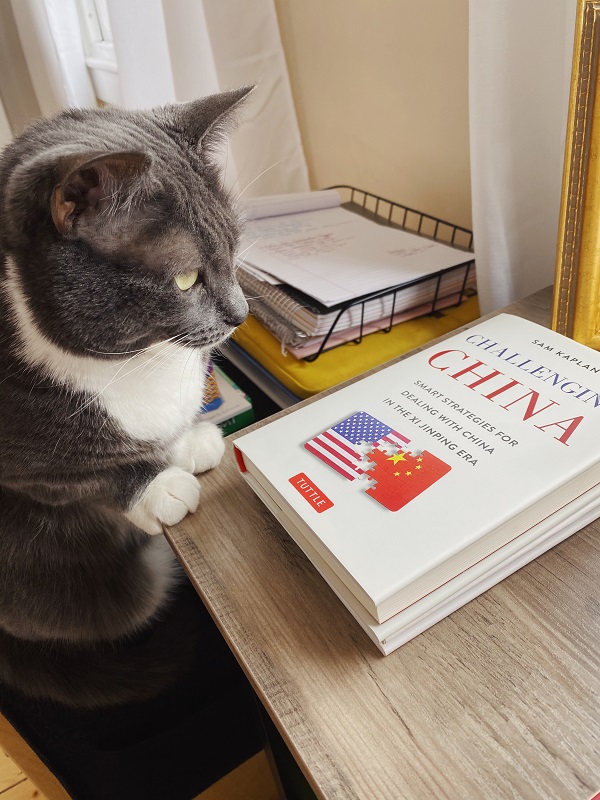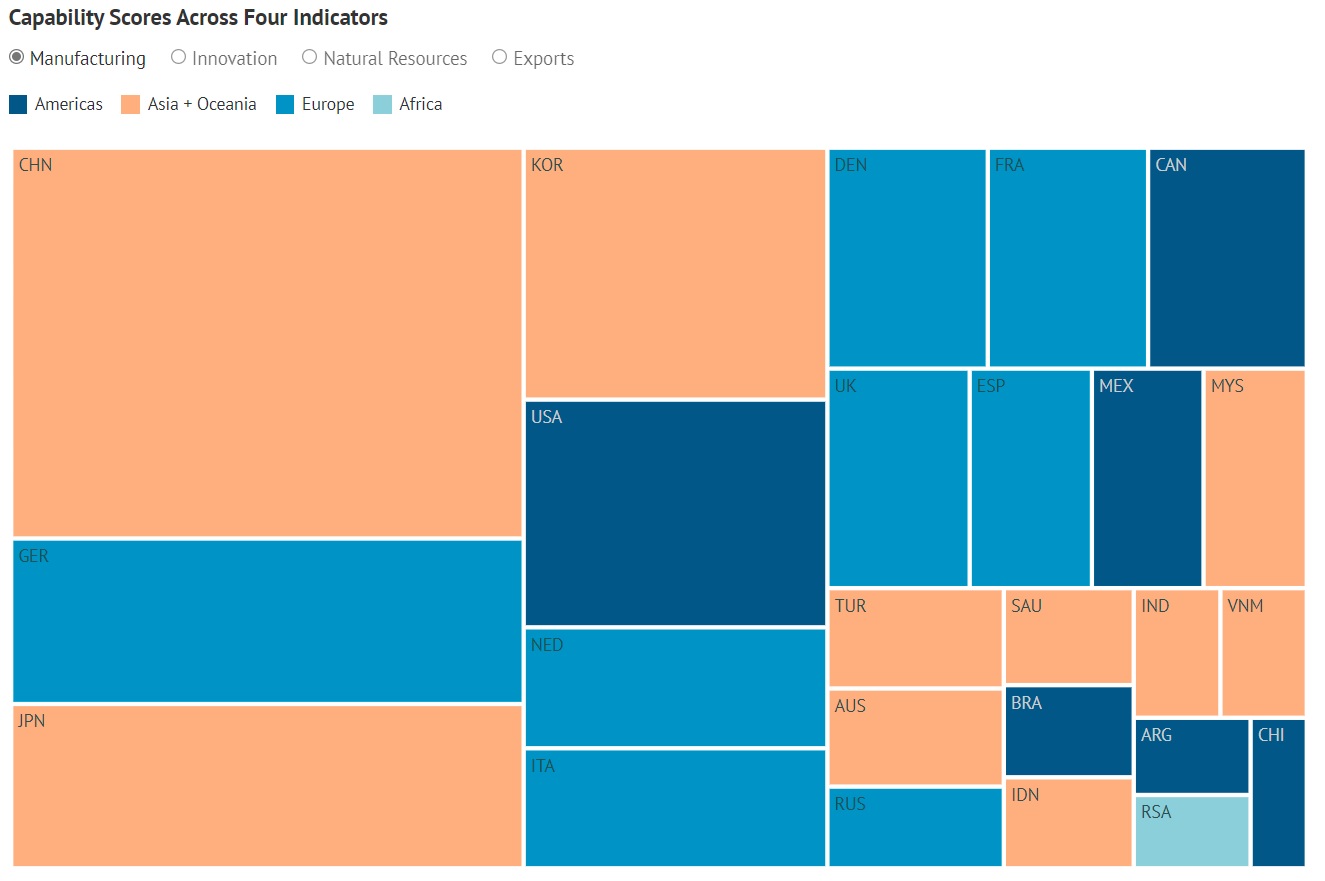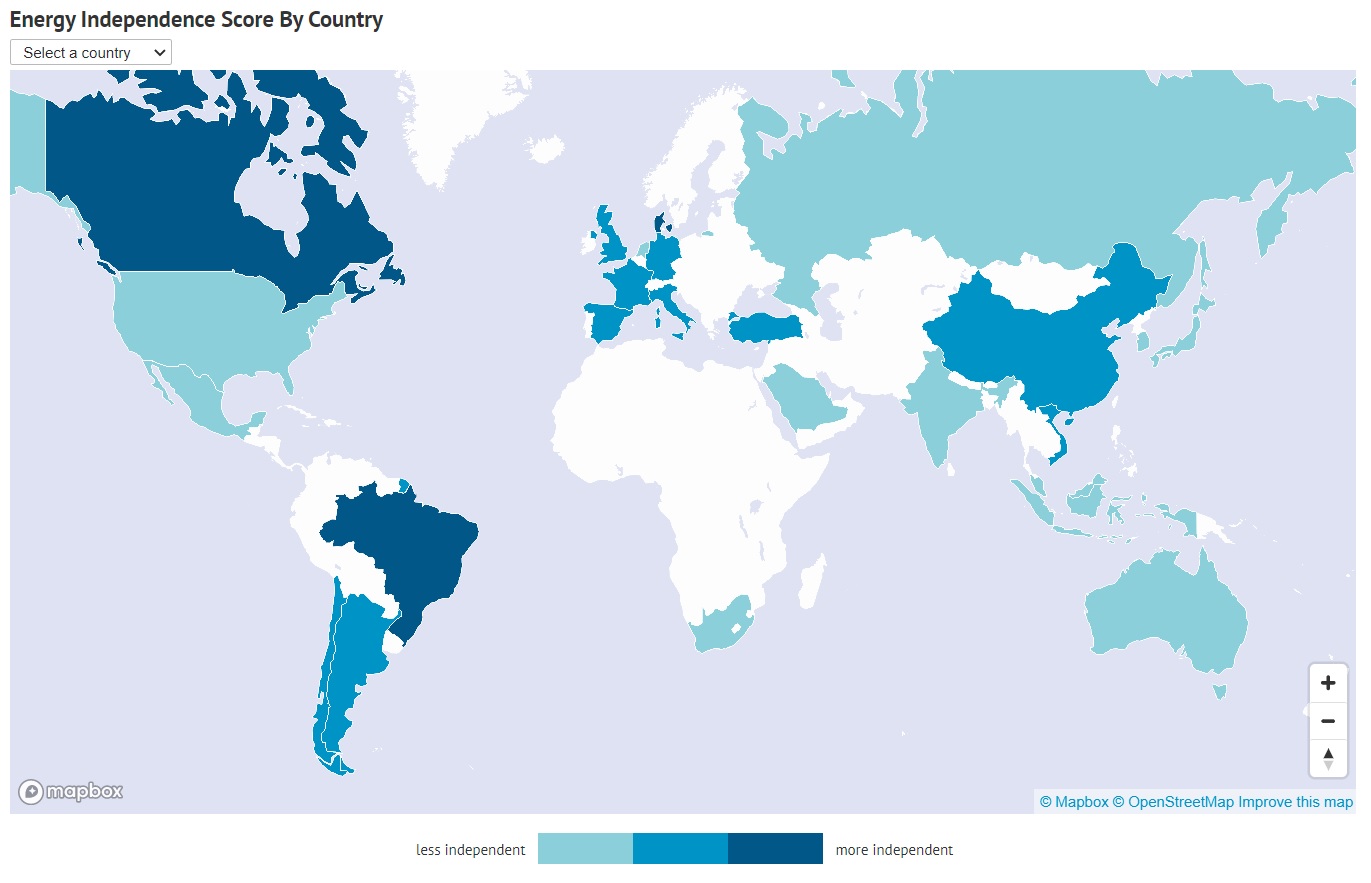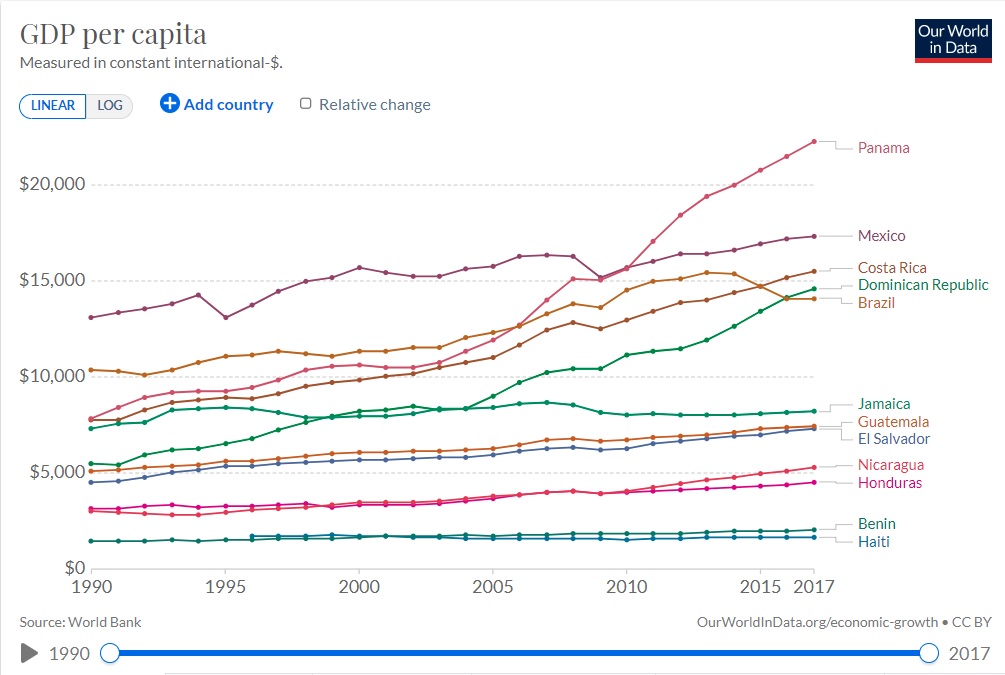I was doing a presentation to a group of community colleges recently. The speech was not about my book but I’m contractually obligated to mention Challenging China at least twice in any presentation that is 20 minutes or longer no matter the subject. My apologies in advance to the audience during my upcoming talk about petunias in East Madagascar*. At any rate, I did indeed mention Challenging China in passing during the presentation. Twice.
Afterwards, I decided to stay in the Zoom room for the next presentation which was about Covid and India. I turned off my video and the Zoom avatar I use, which you can see below, is a photo of Tuttle Publishing’s publicist’s cat hanging with my book. For reasons not entirely understood, our book is very popular with the feline set. As we listened to the next speaker, we received a private message in the chat room from one of the organizers of the conference asking me to change photos. I thought that was odd and pondered why. We did not immediately change photos because the most loving creature on the planet, our cat Putter, had climbed up onto our shoulder, as he is want to do, and was rubbing his head against ours. Putter often does this in Zoom meetings startling and confusing the people we are meeting with. So the still photo we use as our avatar in Zoom remained.
We received another private message in the chat room that the reason for the request to change our photo, or to start using live video again, was because someone in the Zoom room was worried one of the Chinese attendees would be offended by our photo. Our first instinct was to type back, “Why would they be offended by our publicist’s cat?” but decided the joke would not go over well. We eventually turned our camera back on, subjecting the attendees to Putter rather than our book and publicist’s cat but in retrospect wished we hadn’t. We have read about colleges discarding free speech in order not to offend China; in fact, we mention a few instances in our book. We do not approve of such behavior and only acquiesced out of respect for the person who made the request, a very admirable person in our experience. But, we now feel a bit LeBron James-like, a minor John Cena, if you will. So, contritely we present a New Energy Geopolitics Index, note the striking differences between Haiti and the Dominican Republic and mournfully sing about the banning of karaoke songs in China. It’s this week’s International Need to Know, almost the Greek Freak of international information and data.
*Editor: Didn’t China make a big investment in petunia farms in East Madagascar? INTN: Shhh
Without further ado, here’s what you need to know.
New Energy Geopolitics Index
It’s not commented on often enough but we are at the beginning of an energy transition. I don’t mean we’re talking about transitioning from fossil fuels to solar and wind but that it’s actually happening. You can see it in the data. This will have an impact on geopolitics. Now an organization is trying to measure the geopolitical ramifications of the new energy world. Marco Polo, a think tank funded by the Paulson Institute, that focuses mainly on China, has created a New Energy Geopolitics Index, whose aim is to rank and track how the geopolitics of energy change due to the transformation to clean energy. They rank countries by their capabilities in the production and export of clean energy technologies and their independence from fossil fuels. Currently they are tracking and ranking mostly G20 countries, as well as Spain, the Netherlands, Denmark, Malaysia, Chile and Vietnam, the latter six because “they hold important positions in the climate technology trade and value chains.” In terms of capabilities, they rank countries across four indicators: manufacturing, innovation, natural resources and exports. China is the leader in all categories except innovation, where the U.S. leads. In terms of energy independence, Denmark, Canada and Brazil (lots of hydro power) lead followed by China. We will follow the index over the coming years as the geopolitics of energy continues to change.
Very Different Neighbors
We are not an expert on either Haiti or the Dominican Republic, which remember share an island, but it’s impossible to not notice the difference in their economies as Haiti again sinks into political turmoil. As you see in the chart from Our World in Data below, the Dominican Republic’s GDP per capita is about nine times Haiti’s. In 1990, it was about three and a half times larger than Haiti’s GDP per capita so it started out with an advantage. But in the last thirty years the Dominican Republic tripled its GDP per capita while Haiti’s barely grew at all. The Dominican Republic’s economy started really taking off in 2004. It has one of the better scores for ease of doing business in World Bank rankings where Haiti is second worse, ahead of only Venezuela. There are, of course, a variety of historical reasons that may explain the differences between Haiti and the Dominican Republic. Still, just as we were amazed at the difference in accents between Glasgow and Edinburgh, despite the fact they are only 46 miles apart, it’s also stunning to see neighbors sharing an island with such different economic trajectories. In some cases, other factors are more important than geography and shared land.
Late Addendum: After writing the above post, Bloomberg columnist Noah Smith wrote a Substack about the DR and Haiti. It’s well worth reading in its entirety, including the complications of merely saying Haiti does worse because of the reparations it paid to France: “First of all, Haiti finished paying back this debt (which France reduced) in 1947. That’s at least a decade before Haiti and the D.R. started to diverge economically, and four decades before the divergence became pronounced. Furthermore, Haiti’s total external debt in 2019 was only about 15% of GDP, while the D.R.’s was about 40%! The D.R. is far more indebted to foreign countries now than Haiti is.” Read the whole thing. The DR-Haiti divergence is one of the more interesting economic conundrums out there.
China Corner: China Bans Karaoke Songs
At the recent conference where our cat and book avatar raised hackles, and while we were waiting to speak, we scanned the chat room and saw one of the attendees write about how capitalism is what creates the patriarchy. We were amused because just before our session we read that “China’s Ministry of Culture is planning a major crackdown on karaoke songs that it deems subversive or pose a threat to national unity.” Remember this is by a government that has cracked down on a burgeoning feminist movement, all of whose leaders are men and who—checks notes—is ruled by the communist party. Perhaps the patriarchy lives apart from capitalism. At any rate, the Ministry of Culture is creating a centralized list of banned songs. Presumably Ministry staff will have to listen to them first which we worry will corrupt them so they might need to be executed or jailed after fulfilling their duty. Past songs that have been banned from use in Karaoke include “I Love Taiwanese Girls, Fart, Beijing Hooligans and Don’t Want to Go to School.” It seems the patriarchy is alive and well in a self-proclaimed communist country. Excuse us while we go sing the Ariana Grande cover of Fart at our favorite Karaoke bar.





